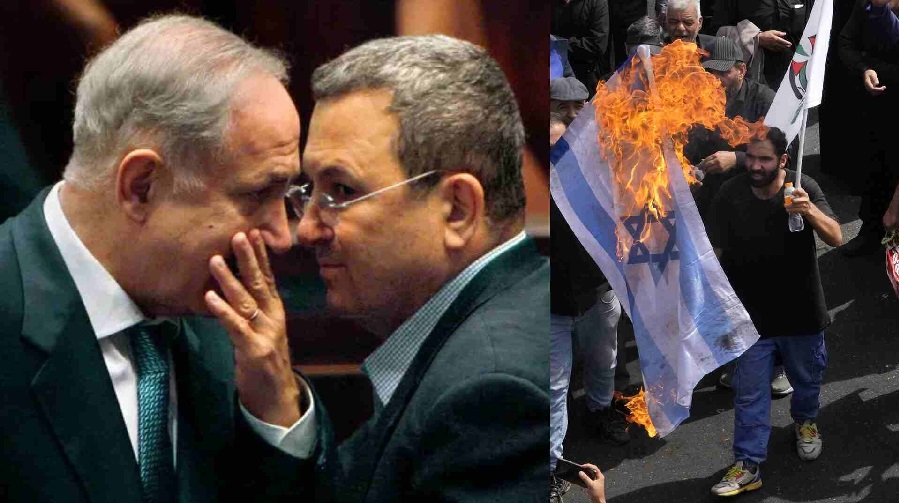A prominent daily has reported that the government led by Benjamin Netanyahu is contemplating a preemptive strike against Iran. This action would be aimed at preventing any potential threats or attacks on Israeli territory.

US Secretary of State Antony Blinken has alerted his G7 counterparts to the possibility of an imminent attack on Israel by Iran and Hezbollah, potentially starting as soon as Monday, according to Axios. Meanwhile, the Times of Israel reports that the Israeli government, led by Benjamin Netanyahu, might consider a preemptive strike against Iran to thwart any planned attacks on Israeli territory. Netanyahu reportedly convened a meeting with key intelligence leaders, including Mossad chief David Barnea and Shin Bet head Ronen Bar, along with Defence Minister Yoav Gallant and IDF Chief of Staff Herzi Halevi.
Hezbollah, Iran’s first proxy in the Middle East, was established with Iranian backing in the early 1980s and is funded and armed by the Islamic Revolutionary Guard Corps (IRGC). The group adheres to Tehran’s core ideology and mainly recruits from Lebanon’s Shiite Muslim community.
On Saturday, Iran stated that Hezbollah would intensify its attacks into Israeli territory, potentially targeting more than just military sites. This escalation follows the recent assassination of Hezbollah senior commander Fuad Shukr by Israel on July 30, which also resulted in civilian casualties in south Beirut. Additionally, the assassination of Hamas leader Ismail Haniyeh in Tehran, allegedly by Israel, has further complicated the situation.
The increasing tensions, marked by near-daily exchanges of fire between Hezbollah and Israeli forces, have led various embassies, including India’s, to advise their citizens to leave Lebanon while commercial flights are still operational. The conflict between Hezbollah and Israel, which last erupted in the summer of 2006, has been exacerbated by the ongoing war in Gaza, ignited by Hamas’s attack on Israel on October 7.
In response, Blinken has organized a conference call with G7 foreign ministers to coordinate diplomatic measures to de-escalate the crisis.












